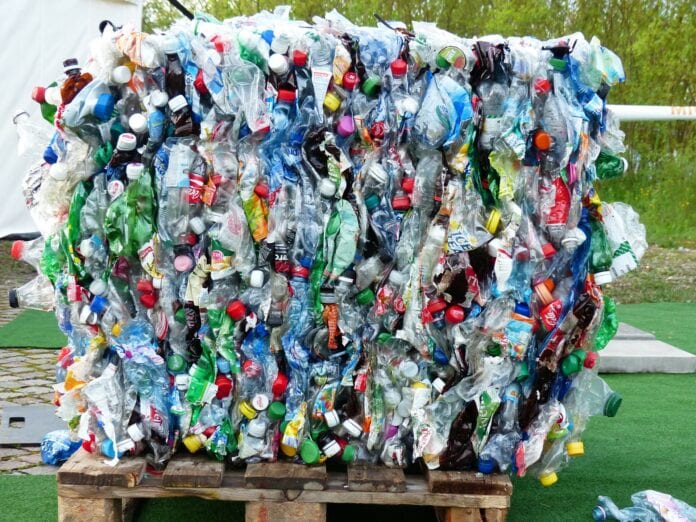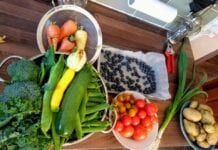You might have noticed that plastic and how we use, re-use or recycle it has been hitting headlines and your social media in recent months. Some of you will be bored of hearing about it, others will be wondering what all the fuss is about it and some of you will potentially wonder “what difference can I really make?”.
Plastics are made from oil and although some people will argue that we have a lot of oil left, oil supplies are depleting. The way nature creates oil means that we are using it faster than nature can create it. On top of the debate about fossil fuels the way plastic and oil based products are made creates pollution, it has what we call a high carbon footprint. To make plastic items causes pollution; pollution that affects the air we breathe and many of us also believe that it also adds to the problems of global warming.
One of the biggest issues we are faced with when we talk about the “plastic problem” is what happens to it after we have finished with it? Harriet Dyers’ book “Say No to Plastic. 101 Ways to Use Less Plastic” says that plastic bags take 500+ years to biodegrade and every year in the UK over 1 million tonnes of plastic ends up in landfill sites. I don’t know what your thoughts are on this but our little island isn’t that big, we will run out of space.
I was reminded about the issue of plastic again this week when I saw a BBC post that is circling social media at the moment that showed where some of our recycled plastic goes. It seems that a lot of our plastic for recycling gets shipped off to become someone else’s problem. “Is that so bad?” I hear some of you say, “At least we don’t have to deal with it!” others may think. Plastic may not biodegrade quickly but it does break down, it turns into smaller pieces, sometimes called micro-plastics. Those tiny traces of plastic enter the soil, the water and our food. The Guardian wrote an article that said 8 million tonnes of plastic enters the sea each year. The sea stretches far and wide, so even if that plastic is somewhere else it is still our problem.
Should we bother recycling then? Yes. It is still important to recycle and there are many things that are re-purposed into other practical items. However, there is a limit to how many times a plastic ca actually be recycled so wherever possible try to reduce or stop using or buying things that are plastic.
“Where do I start?” is one of the most common statements I hear. Let me tell you, I am a long way from perfect on my own little war on plastic and I still have plastic coming into my home in some shape or form. It’s not easy, but as the post on Facebook is currently saying it’s better to have hundreds doing this imperfectly than it is to have a few doing it perfectly.
I decided to approach my little war on plastic by swapping out a few small, affordable things at a time. I started making my own packed lunches/meals that I could carry in my re-usable lunch box and I carry a metal water bottle around with me along with my thermal cup. All of these swaps actually started saving me money too! I know we shouldn’t use cotton buds, but I do have them, so I made sure I bought cardboard and not plastic cotton buds and use them once every couple of weeks instead of everyday (I still have the same packet). I ditched the 4in1 make up wipes I used to buy. They were silicone based and came in a plastic packet. To my shock, washing my face with a Friendly Soap Co. face wash bar and a flannel does the job! I have a couple of flannels so I can pop them in the wash and my skin is great.
I will pick this back up in next month’s column but in the meantime I want to challenge you to swap or stop 3 things that you use day to day to see if you can take a step with me in the war on plastic. It could be remembering your bag for life when you shop, or stop buying bottled drinks and carry your own bottle or a re-useable straw. I will include some more of my own swaps next month and I will find some new ideas that I haven’t tried yet. Between us we can create a calendar of changes that anyone could do at a rate to suit them, whether it is 1 a week or 1-2 a month. Remember, it is better to have a lot of us trying than a few of us doing it perfectly while the rest of us put it off because we don’t know where to start.

| [donate]
| Help keep news FREE for our readersSupporting your local community newspaper/online news outlet is crucial now more than ever. If you believe in independent journalism,then consider making a valuable contribution by making a one-time or monthly donation. We operate in rural areas where providing unbiased news can be challenging. |


















